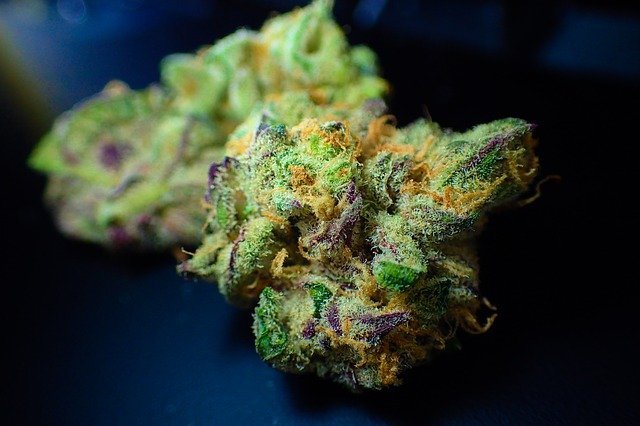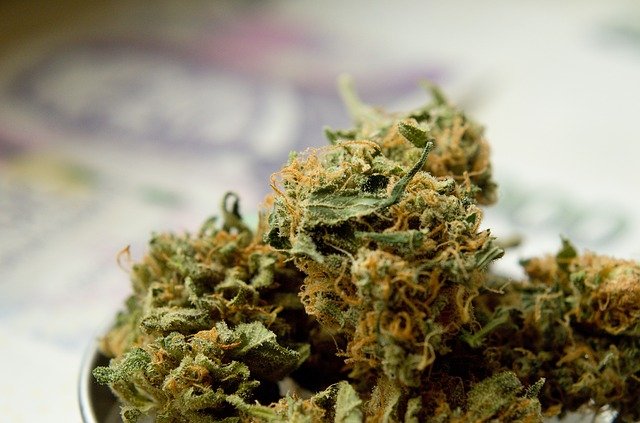CBD Oil for Cats - Kidney Disease Issues 2021 New Guide

CBD Oil for Cats
Has your cat suddenly lost weight? Does it refuse to smell the food in its bowl? Given cats’ fondness for food, it’s quite surprising if your companion has a bad appetite. A lack of appetite, accompanied by weight loss, vomiting, and general weakness could be an indicator of kidney disease.
The kidneys are vital to the wellbeing of cats. They perform several important functions such as removing toxins, maintaining acid levels, producing hormones and red blood cells, etc. In addition to medication, many pet owners use CBD oil to treat the condition. There is a wide variety of CBD products online, such as the Holistapet cat products, in the form of tinctures, capsules, treats, and soothing chews.
Learn about kidney failure in cats and the role of CBD oil in treating it.

Causes - CBD Oil for Cats
Kidney disease is common in cats and affects nearly thirty percent of middle-aged and older cats. It refers to the malfunctioning or failure of these organs, which happens either suddenly or progressively. Your beloved cat can suffer from two forms of kidney disease. acute kidney failure or chronic kidney failure.
The former happens suddenly over the course of several days, during which time kidney function is suddenly lost. Acute kidney failure is mainly caused by infection or poisoning, which leads to reversible or permanent .
The latter develops gradually over an extended period of a few months or years, mainly in older cats. The causes of chronic kidney disease (CKD) are diverse and range from infections to tumors. This type of disease is usually diagnosed in the later stages because there are no symptoms in the early stages. In the early stages of CKD, the undamaged areas of the organs work harder to remove all toxins from the blood until they shrink and fail.
In addition, there are numerous causes of kidney disease in cats, often involving exposure to a toxic substance. If cats come into contact with poisonous household plants, certain medications such as aspirin or antifreeze, there is a high chance that they will develop acute kidney failure. Read about some common plants that are poisonous to cats.
In addition, certain infections can lead to acute kidney failure by severely inflaming these organs. Kidney stones are also a common culprit, causing blockages in either the ureter or the kidneys. Ureter blockages are particularly dangerous because urine cannot pass freely. If these organs are not treated in a timely manner, they can swell to the point of death.
CKD, on the other hand, is generally caused by less severe infections and blockages, causing these organs to deteriorate over time. In addition, it can be triggered by some forms of cancer or thyroid problems.

Common symptoms
The signs of kidney disease in cats are usually mild, making them difficult for pet parents to notice. Most of the symptoms are caused by the increased amount of toxins in the blood or by the body’s difficulty adjusting to the presence of the disease. Most cats with kidney failure experience weight loss and anorexia.
In addition, these creatures also experience increases in thirst and urination. Because of the buildup of toxins in their blood, cats are exposed to nausea and vomiting. The ubiquitous feeling of nausea makes cats exhausted and incredibly sluggish. Pet parents may also notice bad breath (halitosis) when they get close to their companions.
Because of the vital role the kidneys play in a cat’s body, kidney problems can trigger a number of serious health complications. Because these organs are responsible for regulating blood pressure, for example, some cats often develop high blood pressure when their function is impaired. For a better look at symptoms of kidney failure in cats, follow this link, https://pets.webmd.com/cats/kidney-failure-uremia-symptoms-cats.
Given that kidneys are vital to the production of red blood cells, their inability to perform this function can lead to anemia. Due to the high level of acidity in the blood, cats are also at risk of acidosis.
The role of CBD Oil for Cats
Kidney disease in cats is usually treated with medication and diet changes in pets, and in some cases even with surgery. Even so, in the case of CRF, there is no cure for the disease. Therefore, the focus of treatment is on relieving symptoms and improving cats’ everyday lives.
Aside from medication, CBD oil works wonders in relieving the symptoms of kidney disease. For example, this remedy uses its antiemetic properties to fight nausea and vomiting, thereby reducing general weakness in cats. Cannabidiol also promotes a healthy appetite by promoting the secretion of ghrelin, the hormone whose job it is to stimulate hunger. As a result, your cat is not at risk of sudden weight loss.
Another way that CBD oil helps cats cope with kidney disease is by maintaining proper body balance. Since cannabidiol has a great influence on the endocannabinoid system, it increases its activity and promotes homeostasis.
CBD oil is directly related to anandamide levels known as brain lipid. This natural endocannabinoid is important for regulating pain, promoting digestive health, stimulating appetite, increasing energy levels, etc. By increasing anandamide levels, cannabidiol prevents your pet from experiencing any certain level of discomfort.
Final thoughts
CBD offers an effective treatment for CKB.
Your cat deserves the best!
<<<< Check our CBD Affiliate Store Here >>>>
<<<< Check our CBD Affiliate Store II Here >>>>
Comments